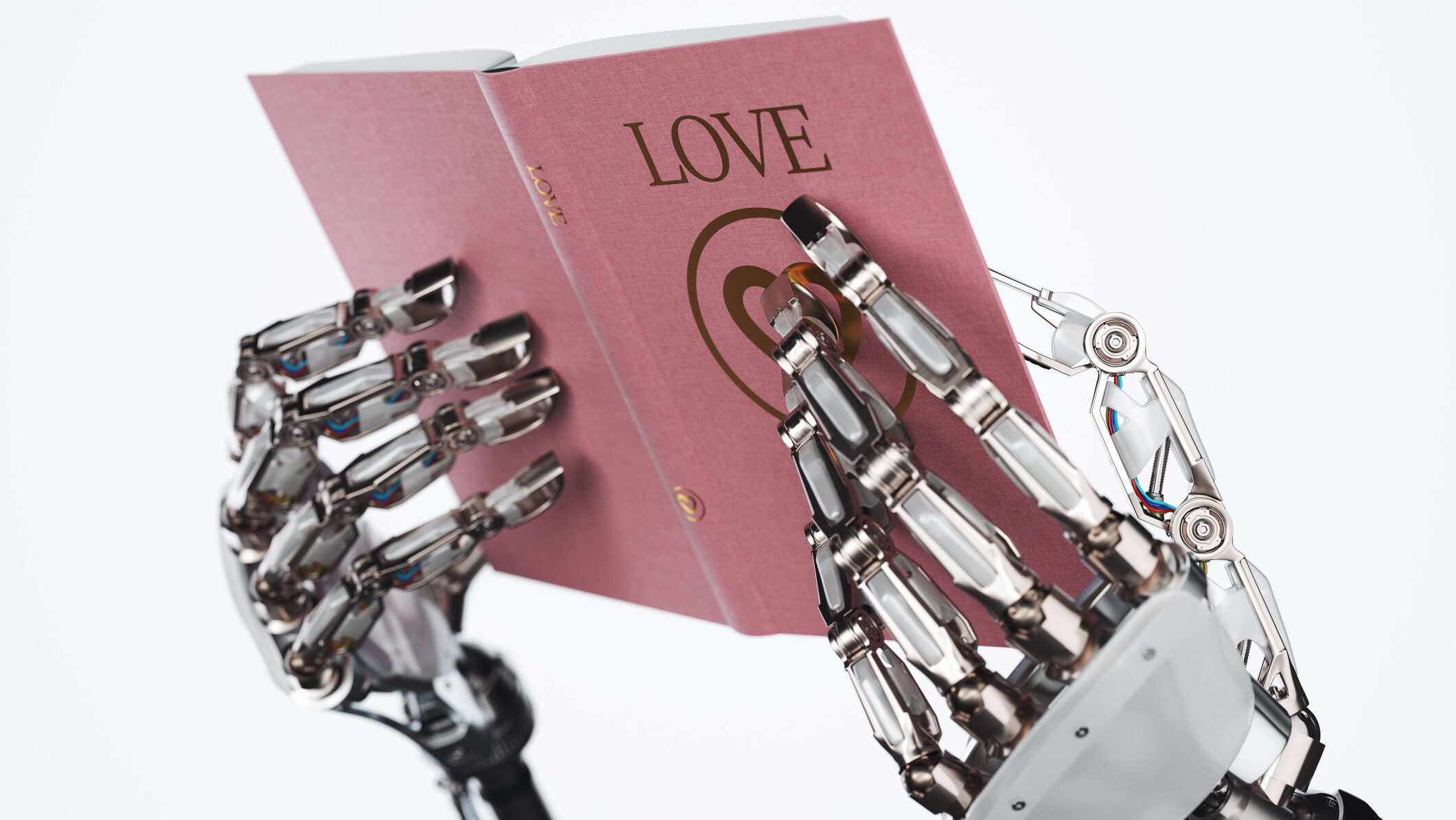If AI could predict divorce, would we still get married?
Artificial intelligence has made its leap from science fiction to everyday life. It’s used in our homes via smart devices, algorithm-based streaming services, and even for the content we consume. From personalized recommendations on dating apps to virtual relationship services, AI’s influence on our romantic lives is undeniable.
So why wouldn’t we create an AI-based divorce predictor?
This question is examined in “Divorce Prediction Using Machine Learning Algorithms in Ha’il Region, KSA,” published in Scientific Reports by Dr. Abdelkader Moumen and colleagues.
The researchers explore how AI can foresee the likelihood of divorce in Saudi Arabian marriages, providing possible solutions to a worldwide social phenomenon. By looking at communication patterns and emotional connections, the study aims to give more answers to couples and therapists.
As the intersection of technology and personal relationships continues to grow, it gives pause to consider the larger implications of AI in our lives. Would knowing the odds change how we approach marriage?

The Rise of Divorce
According to the study, divorce in Saudi Arabia has been rising, reaching unprecedented levels. As of 2022, the country witnessed an average of 168 divorces per day, equating to about seven divorces per hour. The overall divorce rate for the total population reached 2.18 per 1000 people, a 10.1% increase from 2019. The authors claim that “the rising divorce rate is a major problem in Saudi society because many couples consider it as a primary solution to their struggles.”
Collecting Data
The researchers collected data from 148 participants, including 116 married individuals and 32 who were divorced. The study used a descriptive survey design, employing a Google form to gather the data. The form was divided into two parts: personal information and the Divorce Predictor Scale, which consists of 54 questions.
Participants answered these questions using a five-point Likert scale, ranging from ‘Never’ to ‘Always’. The Divorce Predictor Scale was based on the Gottman Couples Therapy and included questions like “Our views about the ideal marriage are similar” and “I know how my partner wants to be taken care of when he/she is sick.”
The collected data underwent cleaning and preprocessing, and the dataset was split into 60% for training and 40% for testing the machine learning algorithms. Three algorithms – Artificial Neural Network, Naive Bayes, and Random Forest – were used to determine the success rate of the Divorce Predictor Scale in predicting divorce.
Turning Data into AI Divorce Predictions
So, can these algorithms predict divorce? The simple answer is yes.

Artificial Neural Network: Mimicking aspects of the human brain’s neural networks, the algorithm was applied to the dataset, achieving an accuracy rate of 80%. Its performance remained constant even after reducing the number of variables.
Naive Bayes: Based on Bayes’ Theorem, this algorithm makes predictions based on the probability of different outcomes. Naive Bayes initially achieved an accuracy rate of 80%. However, after reducing the number of variables, its accuracy increased to 88.33%.
Random Forest: A powerful and flexible machine-learning algorithm based on a decision tree. A decision tree is like a flowchart that asks questions to make predictions. The Random Forest had an initial accuracy of 90%, which increased to 91.66% after reducing the variables.
The six key variables identified through the Correlation Based Feature Selection technique were crucial for improving each algorithm’s performance. These variables included questions, such as:
- “Our views about the ideal marriage are similar.”
- “In terms of living a good life, we both agree with each other.”
- “I know my husband or wife very well.”
- “I know how my partner wants to be taken care of when he/she is sick.”
- “I enjoy traveling with my husband/wife.”
- “The time I spent with my husband/wife is special for me.”
According to the authors, “These features [variables] were highly correlated and were used in the next phases” of the analysis, highlighting their importance in accurately predicting divorce outcomes.
Major Divorce Predictors
Based on the principles of Gottman Couples Therapy, this research-based approach to relationship counseling focuses on building strong, healthy marriages by addressing specific behaviors and communication patterns. Developed by John Gottman, this therapy is grounded in extensive studies on married couples. It identifies four significant predictors of relationship breakdown: criticism, contempt, stonewalling, and defensiveness. These negative communication styles are detrimental to the health of a romantic relationship and can significantly increase the likelihood of divorce.
Criticism: Attacking a partner’s character rather than addressing specific behaviors.
Contempt: Expressions of disdain and superiority.
Stonewalling: When one partner withdraws from the interaction and becomes non-responsive.
Defensiveness: Self-protection through righteous indignation or playing the victim.

To prevent these issues, couples can work on improving their communication and emotional connection. For instance, instead of criticizing, couples should focus on constructively expressing their needs and feelings. Having regular, meaningful conversations and actively listening to each other can reduce stonewalling. Additionally, addressing conflicts with a mindset of resolving the issue rather than defending oneself can reduce defensiveness.
Given that these communication styles are strongly linked to predicting divorce, couples might use them to guide their pre-marital conversations instead of relying on algorithms for answers.
The Future of Marriages
Should couples consider these algorithms before getting married? The authors don’t specifically recommend them as standard practice. However, they imply that understanding potential risks through these predictive tools could help couples identify and proactively address issues. They could be used “to prevent the dissolution of thousands of families” by providing early detection and intervention rather than as a pre-marital screening tool.
Instead, Dr. Moumen recommends using these algorithms to help family counselors and therapists in their intervention strategies.
“This scale can be used by the counseling services personnel to get to know the individual who will be receiving family counseling and family therapy.” (Dr. Moumen, et al.)
The results from these algorithms can guide interventions more effectively, helping counselors to tailor their approaches based on specific risk factors identified by the algorithms.
While we may never fully know the odds of marital success or failure, we can still change how we approach our relationships.



